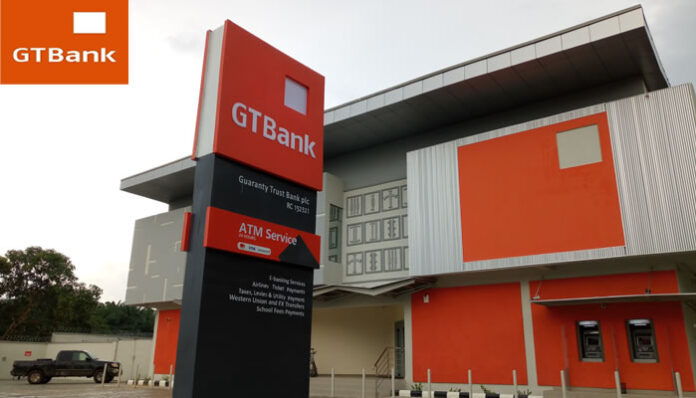In a significant legal victory for Alhaji Agboola Abiola, son of the late Chief M.K.O. Abiola, the Lagos Division of the Court of Appeal has reversed a 2013 Federal High Court judgment that had allowed Guaranty Trust Bank Plc (GTBank) to foreclose on his N30 billion 44-room mansion in Ikoyi, Lagos.
A Certified True Copy of the Appeal No. CA/L/888/2014 ruling, obtained by The PUNCH, revealed that the appellate court identified critical inconsistencies in the execution of the tripartite legal mortgage that GTBank had relied upon to secure a loan.
The unanimous judgment, delivered by Justice Paul Aimee Bassi, with Justices Polycarp Kwahar and Abdulaziz Anka concurring, found that the trial court made an error by failing to adequately assess serious allegations of forgery and fraud brought forth by the appellants.
The appeal originated from a Federal High Court decision on June 20, 2014, which had granted reliefs sought by GTBank in a motion filed on April 8, 2014. Dissatisfied with this outcome, the appellants, represented by Dr. Charles Adeogun-Phillips (SAN), lodged a four-ground notice of appeal.
Key issues considered by the appellate court included whether GTBank had the right to regularize its affidavit after the matter was adjourned for judgment, if the trial court correctly granted the bank’s reliefs, and crucially, whether a valid legal mortgage existed to justify the bank’s appointment of a receiver over the Ikoyi property.
In his lead judgment, Justice Bassi definitively ruled that the mortgage instrument presented by the bank was fundamentally flawed and could not grant any right of foreclosure. While the first appellant, RCN Networks Ltd, admitted to executing the deed, the second appellant, Agboola Abiola, vehemently denied his signature. He contended that the execution page bearing his signature had been fraudulently lifted from a different document and inserted into the mortgage deed.
The appellants further accused GTBank of consolidating two separate loans, one for N508 million and another for N1 billion, without their consent. They alleged that after liquidating shares pledged as collateral for the N508 million loan, the bank improperly attempted to use the same execution page to enforce the N1 billion loan.
Although police investigations into the matter yielded inconclusive results – with one report recommending arbitration and another dismissing the forgery allegations – the appellate court asserted that such reports could not resolve the persistent doubts surrounding the authenticity of the disputed document.
Justice Bassi highlighted several irregularities in the pagination of the deed. The main pages were numbered from “2 of 9” to “9 of 9,” yet the execution page bore the notation “11 of 17,” strongly suggesting it was sourced from an entirely different document. He criticized the trial court for overlooking these anomalies and focusing exclusively on the interpretation of Clause 6 of the mortgage deed.
According to the appellate court, a document whose authenticity is under dispute cannot serve as the foundation for adjudicating parties’ rights and obligations. Justice Bassi concluded: “The lower court erred by ruling on a document whose authenticity was seriously in question. This appeal succeeds. The judgment of the lower court dated June 20, 2014, is hereby set aside. Parties shall bear their respective costs.”


